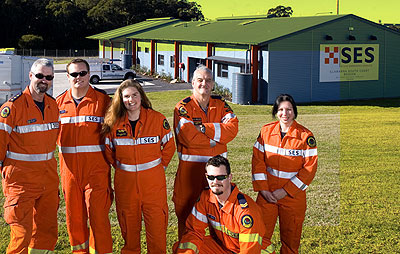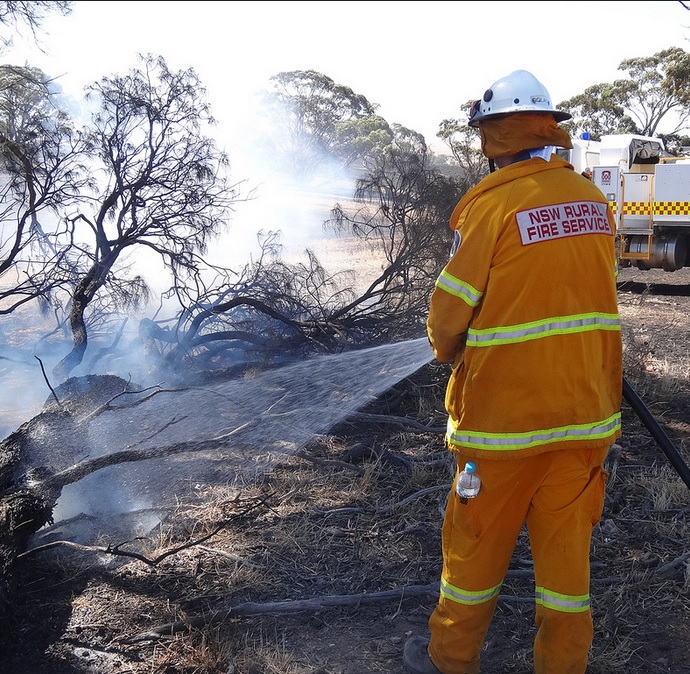Valuing Volunteers – better understanding the primary motives for volunteering in Australian emergency services
Australian emergency services face a range of contemporary challenges, and one of these is the ongoing availability of a skilled volunteer workforce. Volunteers are the lifeblood of emergency services and constitute a highly unique workforce. A growing number of studies have reported a generational shift in the patterns of volunteering from altruistic/collective to egoistic/reflexive motives, with potentially major implications for sustained volunteer commitment into the future.
This research aims to understand the primary motives for volunteering in Australian emergency services, and to explore the main reasons for volunteer turnover. Values are the enduring principles and beliefs that guide and motivate personal and group attitudes and behaviours. Utilising a well-established values evaluation framework (Schwarz, 2012), this study will seek to identify the distinctive personal and shared values that motivate volunteer participation in emergency services, and to evaluate the importance of individual, group and organisational values alignment for volunteer commitment and retention.
 The primary research questions ask: What are the distinctive shared values of Australian emergency services volunteers? To what extent and in what ways do these shared values impact on volunteer expectations of and commitment to emergency services organisations? In what ways can the formal values of emergency services organisations be better aligned with volunteer values in order to maximise workforce satisfaction, commitment and retention?
The primary research questions ask: What are the distinctive shared values of Australian emergency services volunteers? To what extent and in what ways do these shared values impact on volunteer expectations of and commitment to emergency services organisations? In what ways can the formal values of emergency services organisations be better aligned with volunteer values in order to maximise workforce satisfaction, commitment and retention?
A better understanding of the distinctive and dominant values of the volunteer workforce, and the differences in the values preferences of volunteer subgroups by gender, age and region, has potential implication for targeted recruitment, tailored training, effective teamwork, differentiated management and leadership strategies, and alternative models of volunteer engagement.
Other agency support and participation is being sought so that the findings will better express the value sentiments across the national emergency services volunteer workforces.
Outcomes of this research will enable emergency service agencies to better understand what drives volunteers to participate in their roles within their selected emergency service. The resolution of this understanding will be to cohort level and will illuminate issues around gender, age and region. Services will be provided with information on these cohorts and options for creating more harmonious and effective operating procedures.
Among the many findings of this research, the team expects to create knowledge around why some volunteer cohorts take a more casual approach to their volunteer commitments; why unit/brigade performance and morale varies, and what may be the cause; why there is gender ratio disparity across regions etc. Research data may also be extrapolated beyond the volunteer agency cohort to gain insight, by extension, into the values of the cohorts in their home community.
This is a project by PhD candidate Bill Calcutt under supervision of AProf. Michael Jones and AProf. Andrew Sense.

